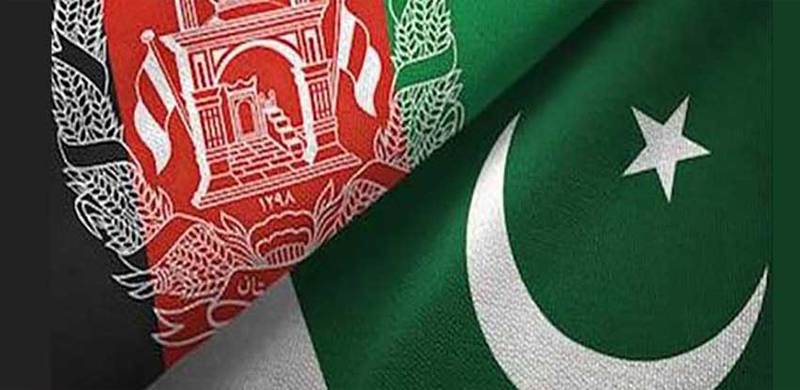
The prospects of durable peace and socioeconomic security in Afghanistan look dim due to the factors discussed in my previous articles published by The Friday Times. In this last of the five part series, we try to understand why the Pakistan-Afghan relations are at the crossroads.
Since the Taliban’s successful takeover of the country on August 15, 2021, Pakistan has not only approved the Taliban rule de facto but also urged its regional allies, such as China, to manoeuvre extra-regional support for the Taliban with respect to formal recognition, that, in Islamabad’s calculation, would help find ways to establish an inclusive political setup. This, however, has not materialised in the past 15 months due to factors and forces highlighted in the previous articles.
The political, socioeconomic and security situation is murky in Afghanistan. Due to lack of first-hand data available, it is difficult to predict the future course of Afghanistan. However, the prospects of durable peace and socioeconomic security are contingent on political stability in the country, which, in turn, requires resolution of the lingering crisis of legitimacy in a candid manner. The legitimacy crisis is the key challenge the Taliban are struggling with since the takeover.
In order to win the US confidence, the Taliban would need to treat women and minorities equitably, clear its soil from non-state actors such as the Tehreek-e-Taliban Pakistan and refrain from hurting the US interests in the region. Whether Kabul will act as per Washington desires is yet to be seen.
This crisis may be managed in the following three scenarios:
Firstly, the Taliban-controlled Afghanistan’s legitimacy crisis can be resolved amicably if the US-led by President Joe Biden opts to accord informal recognition to the former. In that case, the Taliban would be able to get not only its frozen funds back but also get much-needed economic aid along with access to American and European markets. This would gradually put the country on track of political and socioeconomic stability.
However, given the current mistrust between the US and Taliban, the likelihood of such a cooperation and consequent recognition is low. In order to win the US confidence, the Taliban would need to treat women and minorities equitably, clear its soil from non-state actors such as the Tehreek-e-Taliban Pakistan and refrain from hurting the US interests in the region. Whether Kabul will act as per Washington desires is yet to be seen.
The other side of this scenario is that if the Taliban-controlled Afghanistan opt to either ignore or harm the US interests in South Asia and beyond, Afghanistan is likely to face tough measures such as economic sanctions.
Secondly, if the Taliban decide to sideline the US, they could try to seek recognition from major regional powers, such as China and Russia. But Beijing is unlikely to accord a formal recognition to the Taliban despite Islamabad’s urgings, and Moscow, owing to its own regional calculations, will refrain from formally approving the Taliban rule in the coming days. Moscow’s topmost priority currently is to handle the Ukraine crisis in its favour. India has engaged Russia and the Central Asian States on Afghanistan with a desire to open communication channel with the Taliban in order to realise its regional objectives. If this materialises, such a move could jeopardise Afghanistan-Pakistan relations.
However, the chance Taliban get closer to India is low. Both China and Russia may formally recognise the Taliban rule in strategic understanding with Pakistan, Iran and Central Asian states. If this happens, it could in the short run strengthen the Taliban politically and commercially since Afghanistan, being land-locked, is linked with regional markets of these states. There could be enough room for bilateral and multilateral trade and economic cooperation.
In the long run though, India and US, whose bilateral strategic cooperation is on the rise, are likely to undo such a bloc through various measures such as economic sanctions, using anti-Taliban proxies in terms of guerilla warfare. Durable peace and socioeconomic security in Afghanistan would remain a distant dream.
Thirdly, another plausible but challenging scenario revolves around a collective effort to find consensual solution to the Afghan problem. For this to materialise, the US, China and Russia need to play a pivotal role in terms of urging regional stakeholders, such as India, Pakistan, Iran and the Central Asian states to avail, for example, the UN forums in order to reach a consensus on the nature and character of the future Afghan government along with defining ways and means to support such a setup politically and economically.
The much-hyped inclusive government could only be established if all stakeholders agree on the said scenario. Divergences in this respect will lead to different paths and perspectives, thus, adding to Afghanistan’s troubles.
-Concluded

